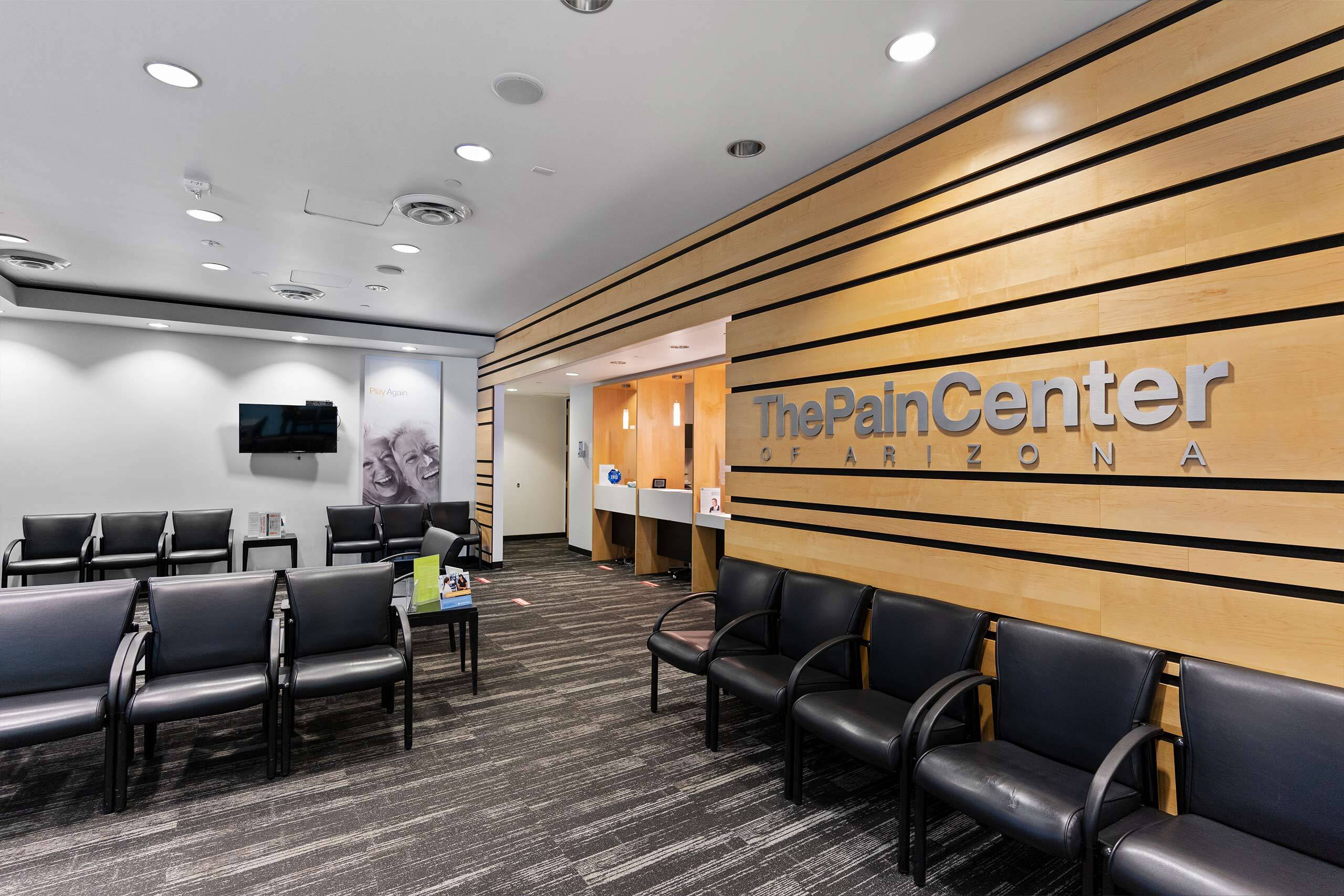EMG / Nerve Conduction Studies
Electromyogram (EMG) and nerve conduction studies measure electrical activities in the muscles. An electromyogram (EMG) analyzes electrical activity when the muscles are in use and at rest, while a nerve conduction study measures how quickly and efficiently the nerves in muscles send electrical signals. These diagnostic tests may be administered to patients suffering from leg pain or numbness. An EMG is usually done to find problems that may damage muscle tissue and nerves, such as herniated discs or amyotrophic lateral sclerosis (ALS). Alternatively, a nerve conduction study is usually done to identify problems within the peripheral nervous system. Results from the studies may take two to three days to complete.


What is EMG?
Electromyogram (EMG) and nerve conduction studies measure electrical activities in your muscles.
How Does EMG Work?
An EMG analyzes electrical activity when muscles are in use and at rest, while a nerve conduction study measures how quickly and efficiently the nerves in your muscles send electrical signals.
These diagnostic tests may be administered to patients suffering from:
- Leg pain, or pain in any limb
- Numbness
- Tingling
- Muscle weakness
- Muscle pain
- Muscle cramping
An EMG is usually performed to identify:
- Nerve dysfunction
- Muscle dysfunction
- Nerve-to-muscle signal transmission problems
Basically, any problems that may damage muscle tissue and nerves, such as herniated discs or amyotrophic lateral sclerosis (ALS).
Alternatively, a nerve conduction study is usually done to identify problems within the peripheral nervous system.
Results from the studies may take two to three days to complete.

Expectations and Recovery
You might experience minor bruising where the needle was inserted into your muscle, but it should fade within several days.
If it persists, contact your doctor.
Your results from the procedure will be prepared in a report and sent to your primary care doctor (who ordered the EMG), who will then discuss it with you at your next appointment.
What are Typical Causes of Leg Pain?
Leg pain normally develops from natural wear and tear, overuse, injury, or an underlying condition. Acute or chronic leg pain in the leg, calf, thigh, or lower back can originate in your bones, connective tissue, blood vessels, nerves, or skin.
Some of the common causes of leg pain include:
- Muscle aches from intense exercise or overuse
- Blood clotting (deep vein thrombosis) or peripheral artery disease
- Injury
- Muscle, ligament, or tendon strains
- Fibromyalgia
- Skeletal structure irregularities
- Arthritis
- Poor circulation or cardiac disorders
- Nerve damage
- Herniated disc or other lower spine conditions
- Sciatica from spinal disc disease
- Diabetic neuropathy
- Osteoporosis
- Other underlying conditions
Other Conservative Treatments for Leg Pain
Some of the other procedures for treating chronic leg pain provided by The Pain Center include:
- Nerve Blocks
- Therapeutic nerve blocks contain local pain medications that can control acute pain.
- Steroid Injections
- Injections of dexamethasone (a steroid) help reduce pain and inflammation. It can be very effective for cases of arthritis, rheumatoid arthritis, and osteoarthritis.
- Spinal Cord Stimulation
- If other therapies aren’t effective for treating your pain, an implantable pain management device can be an option. These devices administer mild electrical pulses to block the transmission of pain.


Get the care you need within 24 hours*
We know when you’re looking for relief for your chronic pain, you can’t wait any longer than you already have. This is why we can schedule you with an appointment within 24 hours at most of our pain centers across the Valley, so you can start your journey to life-long pain relief as soon as tomorrow.



